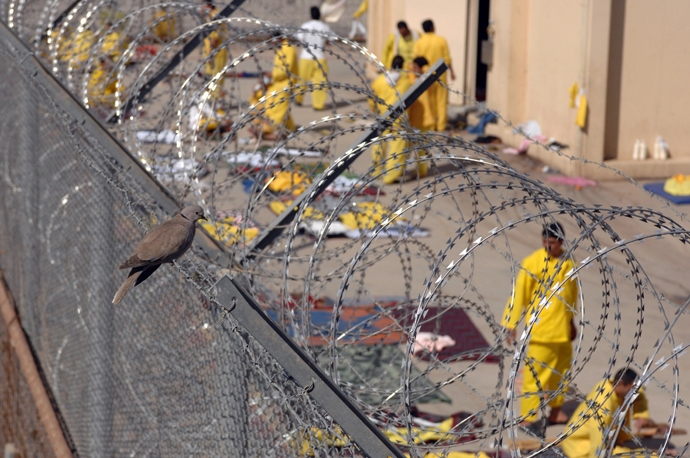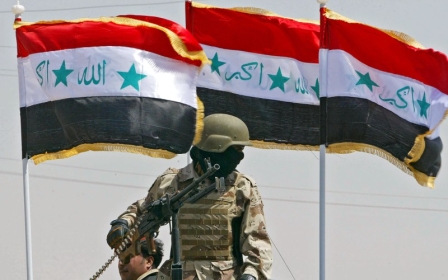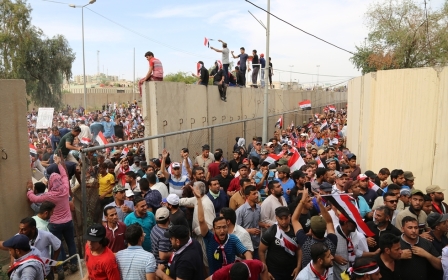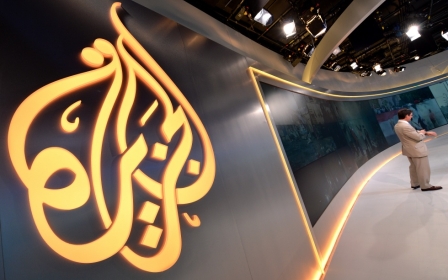Iraqi terrorism suspects held in 'shocking' conditions: Amnesty

The Iraqi authorities are holding often innocent "terrorism" suspects in dire conditions across the country and have no ability to process cases, Amnesty International said on Monday.
A delegation from the rights group, including its secretary general Salil Shetty, was able to visit one such centre in Amriyat al-Fallujah, west of Baghdad, on Saturday.
"We visited a detention centre in Amriyat al-Fallujah... where we found 700 people confined, locked up there for months, so-called terror suspects," Shetty told AFP in Baghdad.
"The conditions under which they are kept there were quite shocking, some one square metre or so per person, with no place to even lie down," he said.
"The toilets are in the same room, they get... very minimal food, the conditions are just shocking overall," Shetty said.
Donatella Rovera, Amnesty's senior crisis response adviser, said the centre - run by Iraqi anti-terrorism forces - had only four investigators to process cases and was overwhelmed.
Amriyat al-Fallujah is in the western province of Anbar, where the Iraqi military has been battling the Islamic State (IS) group since 2014.
Military operations have displaced huge numbers of civilians in the province. Thousands of Sunni men have been arrested on suspicion of terrorism and held incommunicado.
"Not even one of them has been formally charged. They are there for months because local authorities don't have any capacity to investigate these cases," Shetty said.
"Even the authorities themselves said they don't even know how most of those people have ended up there - they think that most of them are innocent."
The Amnesty team members said they had no prior knowledge of the detention centre's existence or of the 700 men held inside it.
"It is symptomatic of a much bigger problem because we met 700 of them but there are many, many such places across the country," Shetty said.
"It's a really bad example of how the criminal justice system in this country simply does not function."
Amnesty argues that strengthening the justice system should be one of the priorities in Iraq, where serious rights abuses routinely go unpunished.
The Iraqi government did not immediately respond to the allegations by Amnesty.
In an exclusive interview with Middle East Eye last year, then Iraqi Human Rights Minister Mohammed al-Bayati admitted that he faced "serious challenges" in balancing human rights and the battle against militancy.
However, in August 2015 the post of human rights minister was abolished amid a sweeping shake-up by Prime Minister Haider al-Abadi.
New MEE newsletter: Jerusalem Dispatch
Sign up to get the latest insights and analysis on Israel-Palestine, alongside Turkey Unpacked and other MEE newsletters
Middle East Eye delivers independent and unrivalled coverage and analysis of the Middle East, North Africa and beyond. To learn more about republishing this content and the associated fees, please fill out this form. More about MEE can be found here.




